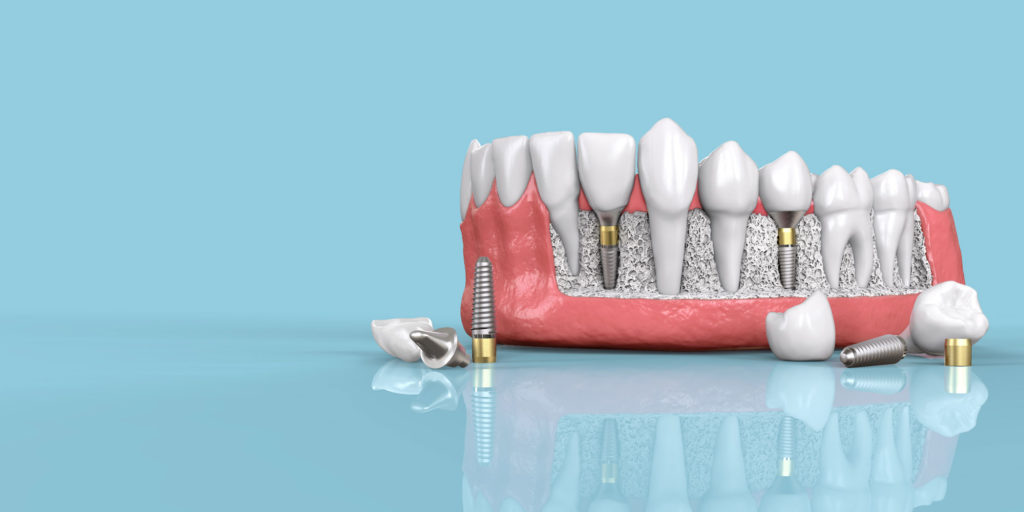The Ultimate Guide to Dental Crowns
The teeth are one of the most intensely used parts of the human body. As a result, there are susceptible to many problems affecting their integrity and strength. People with a damaged or broken tooth suffer from various complications, such as sensitivity, concerns with their appearance, and high risks of gum infections. Therefore, they need proactive intervention.
Dental crowns are prosthetic caps that dentists place on top of
an impaired dentin surface. It is made from a variety of materials like metal
or porcelain. Practitioners specifically design to provide aesthetical
improvements as well.
Noticeable
signs
If
individuals notice any of these following symptoms, they need dental
crowns.
·
Large fillings
As
a part of decay treatment, practitioners remove infected tooth parts and seal
them with filling materials. If this space is large, then patients need
restorative works to prevent from risks of fracturing.
·
Impaired cusps
For
teeth, cusps are sharp edges used to break down food particles. Occasionally
these cusp parts might break off with excessive pressure. In such a case,
protection is needed to safeguard the remaining structure.
·
Root canal
Endodontic
therapies involve cleaning the inside of a tooth to remove infected nerve
tissues. Once thoroughly cleaned, dentists place prosthetic caps for improved
shape and volume in an arrangement.
Accessible
types
As
cited earlier, different materials are used to fabricate crowns, such as:
·
Porcelain
·
Ceramic
·
Zirconia
·
Metal
·
Composite resin
·
Alloy materials
Treatment
costs
Typically,
crown prices will range from $800 to $1500, depending on the materials used and
other factors. Porcelain caps are cheaper than gold or alloy options, and
patients can seek dental insurance.
Another
factor that could influence the cost is preparations. Patients in need of root
canals or dental implants may expect expensive bills. They can check with
insurance companies to get coverage details.
Discussing
with dentists will also help them to arrange for funds needed to support their
treatment.
Final
thoughts
Dental crowns present a long-term solution for restoring damaged teeth. It offers functional improvements along with cosmetic enhancements. Therefore, it is the best option to protect dentition.




Comments
Post a Comment